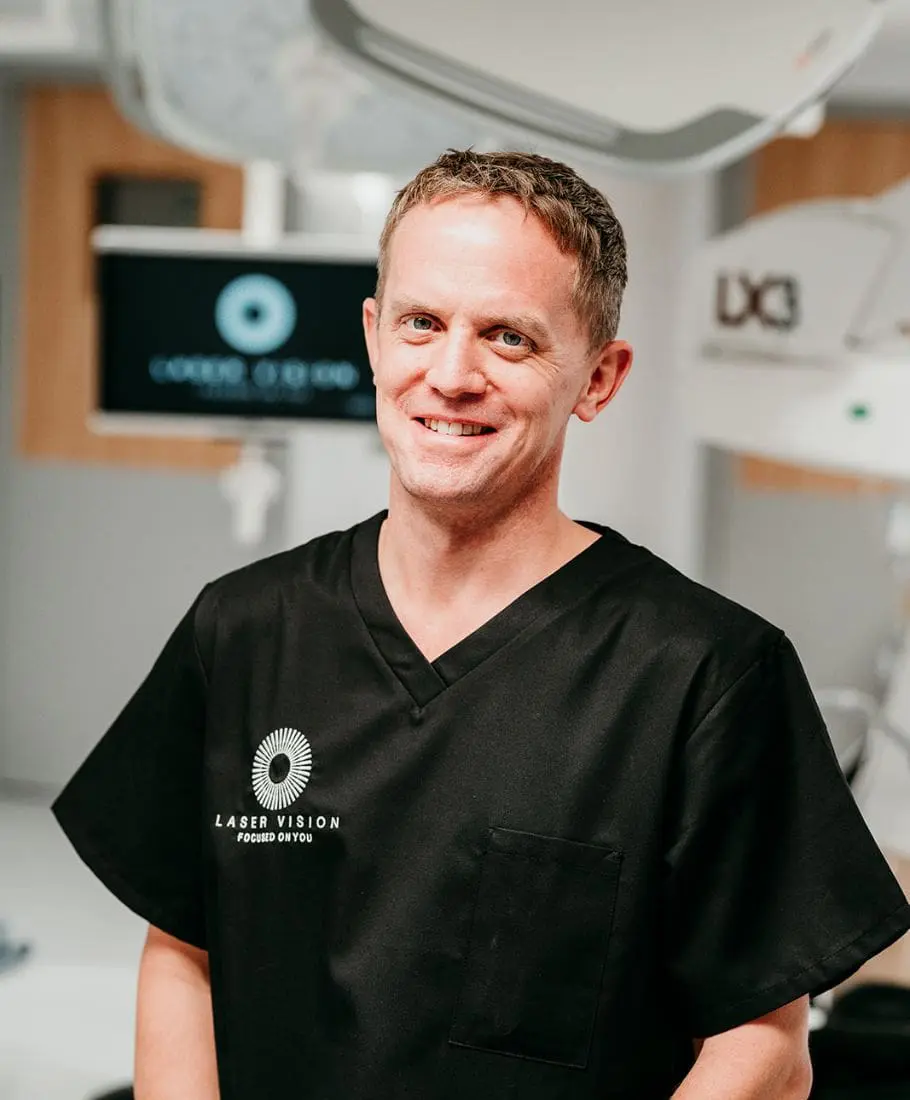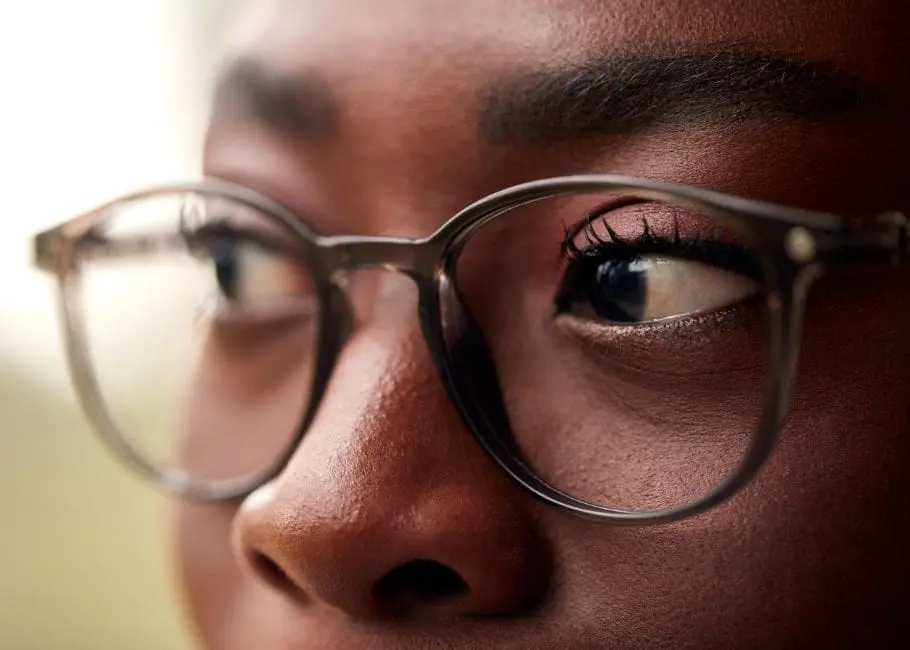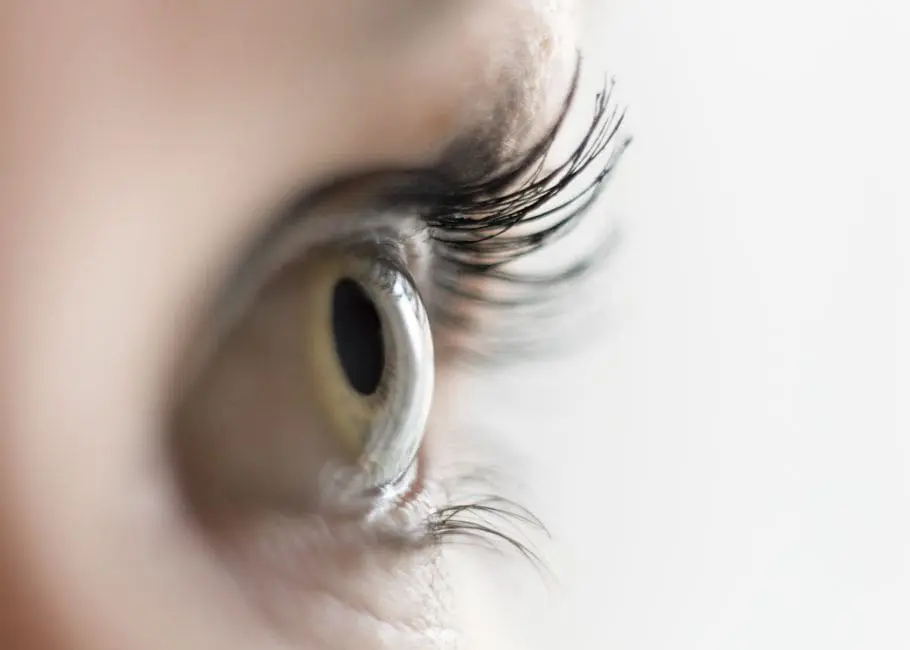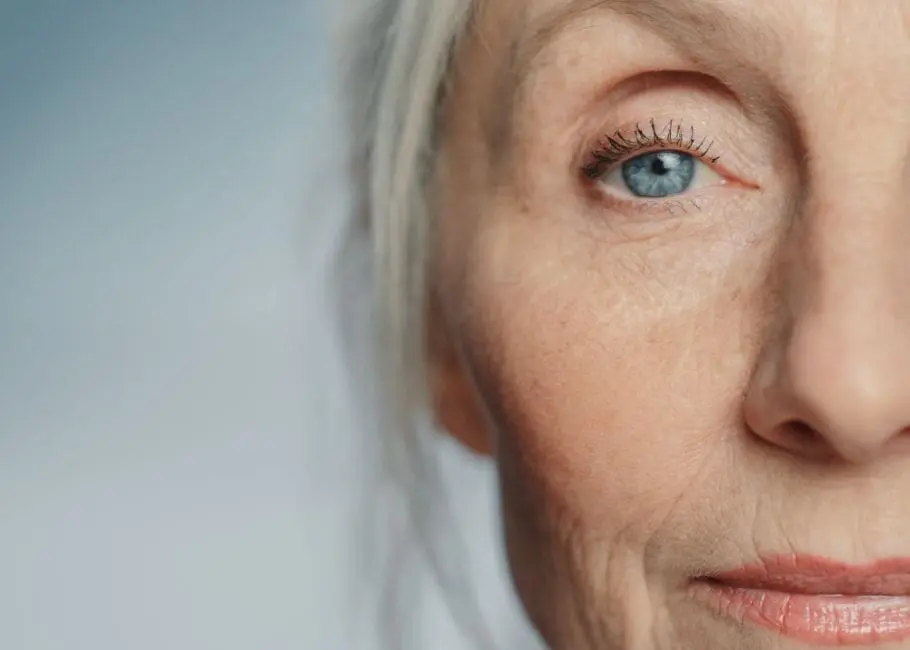Treatments
CORNEAL TRANSPLANT
A corneal transplant may be required if the cornea, or part of the cornea has become damaged or dysfunctional.
This can cause changes to the vision, and sometimes eye pain and recurring infections. A detailed clinical assessment will establish how much of the cornea is affected, which will in turn determine the most appropriate surgical treatment.
Traditionally corneal transplant, also known as keratoplasty, involved the removal of a full thickness portion of the cornea (penetrating keratoplasty or PK). Newer techniques have allowed only the affected layers to be removed: a) DALK or Deep Anterior Lamellar Keratoplasty – epithelium and stroma removed / replaced leaving only the innermost layer (endothelium); b) DSAEK (Descemet Stripping Automated Endothelial Keratoplasty) or DMEK (Descemet Membrane Endothelial keratoplasty) – where only the innermost layer of the cornea (endothelium) is removed and replaced with donor endothelial tissue.
The femtosecond laser can be used to perform a corneal transplant. It allows very accurate and precise cutting and preparation of both the patients’ eye and the donor cornea which results in a much more accurate fit and reduced astigmatism.
Book a Consultation
At a glance
Treatment Time
60 - 90 minutes
Treatment Anaesthesia
Local / general anaesthetic
Treatment Downtime
As advised in clinic
Treatment Frequency
As advised in clinic
Treatment Results
Improved vision

Treatment
Frequently asked questions
Who is suitable for this treatment?
Assessed and advised in clinic
Is this treatment safe?
Corneal transplant is a very safe procedure with most patients obtaining a significant improvement in vision. The risk of graft rejection varies depending on the transplant procedure performed and is significantly affected by certain ocular comorbidities. This will be discussed in detail during your clinic consultation.
Will it hurt?
The surgery may be performed under local or general anaethesia. The procedure is painless but there may be some mild discomfort in the first few days following surgery.
When can I expect the final result?
Your vision will gradually become clearer in the fews weeks that follow the procedure. However, you may need to allow 12 – 18 months for the final visual result.
Are there any side effects or risks?
Most patients recover well with only mild side effects. There are risks associated with any type of surgery, and these will be discussed in detail during your consultation.
Testimonials
What our patients say...
Both my eyes (cataracts) were operated on by Mr. Maycock, who made me and my wife very comfortable at my consultation. He was very reassuring and explained the procedure extremely well. All throughout the procedure Mr. Maycock was explaining the process – and the result is amazing. Furthermore, as a retired Film/TV Cameraman my expectations were very high. Needless to say the result of the op has surpassed all expectations- and my eyesight is now better than ever. Mr. Maycock’s interaction is very professional and reassuring. I found the whole experience very rewarding.
Mr GM
It is now two days after my second cataract procedure and I am truly amazed to see clearly again. After the first operation, which was carried out carefully and efficiently, I was delighted, however, after the second operation, I feel that a lifetime of wearing glasses is likely to become a distant memory. I have to admit to being apprehensive about the procedure. Mr Maycock understood that taking time to summarise the procedure and to answer questions helped dispel my concerns. I am in awe of his technical skills and very grateful to him for his interpersonal skills. Excellent in every way.
Mr DC
Shining light.I have just had my second cataract removed, by Mr Nick Maycock. Having the new lenses has made an enormous difference already! Nick made me feel very comfortable and answered all my questions. The procedure was quick and painless. And at the end he assured me, all had gone well. In light of my experience, I would have no hesitation in recommending Nick Maycock to anyone who is in need of eye Surgery.
Mrs JC
Had cataract surgery on both eyes, in April and June of 2023. The results were/are amazing. The colour spectrum changed and the world is a brighter and more colourful place. My night vision improved dramatically and 30 years of wearing glasses is in the past. Excellent service and a painless procedure, efficiently carried out by Mr Maycock and the other staff at the centre. Definitely a 5 star service from all involved and highly recommended. My sincere thanks.
Mr TN
Treatments
Related Treatments
Treatment
CORNEAL CROSSLINKING
Keratoconus is a non-inflammatory eye condition that can causes the cornea to thin and form a cone shape.
View Treatment

Treatment
DRY EYE TREATMENT – IPL
Around 50% of evaporative dry eye cases are caused by meibomian gland dysfunction (MGD), whereby certain factors disrupt the usual functioning of these glands.
View TreatmentTreatment
CATARACT SURGERY
A cataract is the natural clouding of the lens in the eye. Most frequently it is due to age-related changes but this can be brought on at an earlier age due to trauma or other medical conditions such as diabetes.
View Treatment

Treatment
CORNEAL CROSSLINKING
Keratoconus is a non-inflammatory eye condition that can causes the cornea to thin and form a cone shape.
View Treatment
Treatment
DRY EYE TREATMENT – IPL
Around 50% of evaporative dry eye cases are caused by meibomian gland dysfunction (MGD), whereby certain factors disrupt the usual functioning of these glands.
View Treatment
Treatment
CATARACT SURGERY
A cataract is the natural clouding of the lens in the eye. Most frequently it is due to age-related changes but this can be brought on at an earlier age due to trauma or other medical conditions such as diabetes.
View Treatment









